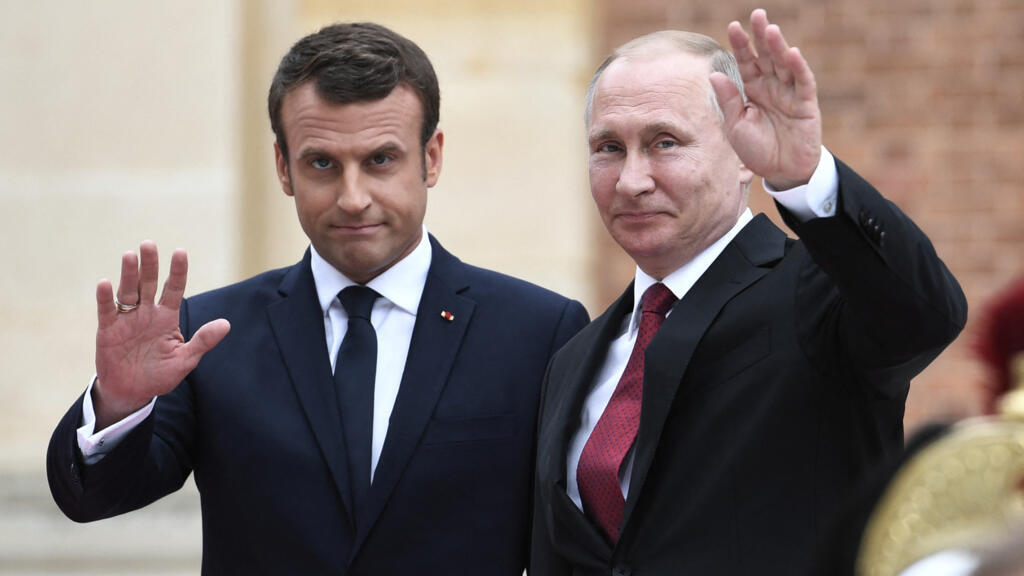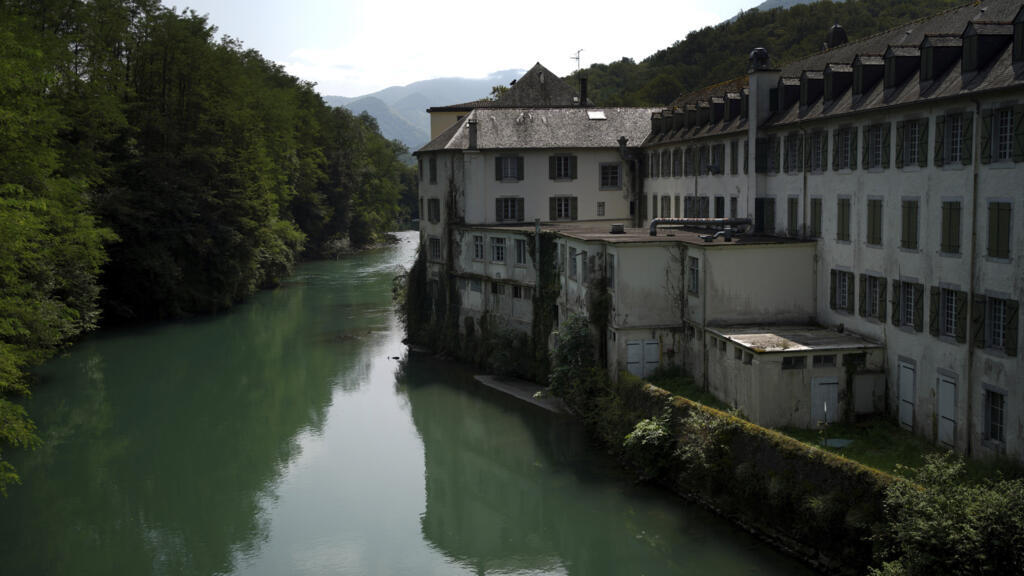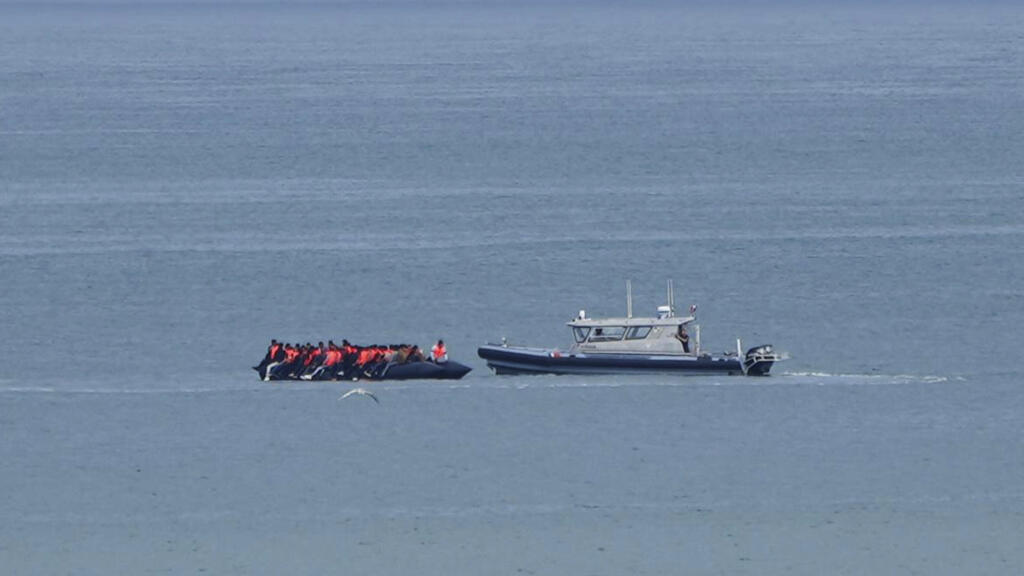On Tuesday, French President Emmanuel Macron reached out to Russian President Vladimir Putin in a significant phone call, marking the first direct communication between the two leaders since 2022. This conversation was conducted at a time when the ongoing conflict in Ukraine remains a pressing global issue, with considerable implications for international relations and regional stability.
During the call, Macron emphasized the urgent need for a ceasefire in Ukraine, urging Putin to agree to this measure "as soon as possible." This statement reflects France's ongoing concern regarding the humanitarian crisis exacerbated by the conflict, as well as the broader repercussions it has had on Europe and beyond. The French presidency, through the Élysée Palace, conveyed that Macron's primary objective is to encourage a diplomatic resolution to the hostilities that have plagued Ukraine since the onset of the war in February 2022.
The war in Ukraine has not only impacted the nation itself but has also had far-reaching consequences affecting the geopolitical landscape, energy markets, and international security dynamics. Over the past year and a half, the conflict has prompted nations across the world to reassess their foreign policies and military strategies in response to the actions taken by Russia. Consequently, Macron's outreach to Putin can be seen as part of a broader effort by European leaders to re-engage with Russia in hopes of achieving a peaceful resolution to the conflict.
Macron's appeal for a ceasefire comes in the wake of rising tensions and escalatory measures from both sides of the conflict. The call signifies France's stance on prioritizing dialogue over military confrontation, as well as its commitment to finding avenues for peace amid ongoing hostilities. Historically, France has played a mediating role in diplomatic discussions concerning Ukraine and has been part of various international efforts to bring about stability in the region.
The response to Macron's call from the Kremlin remains to be seen, as Putin's government has consistently maintained a firm stance on its objectives in Ukraine. Observers are keen to monitor any potential shifts in strategy from Russia following this high-level discussion. As the situation continues to evolve, the international community is watching closely to see whether this dialogue can pave the way for an eventual de-escalation of tensions and a long-term resolution to the conflict.
The conversation also raises questions about the role of other nations and international organizations in facilitating peace talks. Given the complex nature of the war and the multitude of interests involved, any progress towards a ceasefire will likely necessitate a collaborative effort from multiple stakeholders, including NATO allies, the European Union, and possibly organizations like the United Nations.
In conclusion, the phone call between Macron and Putin marks a critical moment in the ongoing discourse surrounding the Ukraine conflict. It highlights the necessity of diplomatic approaches in addressing warfare and the importance of continued communication between global leaders to mitigate tensions and pursue peaceful outcomes in international crises.












